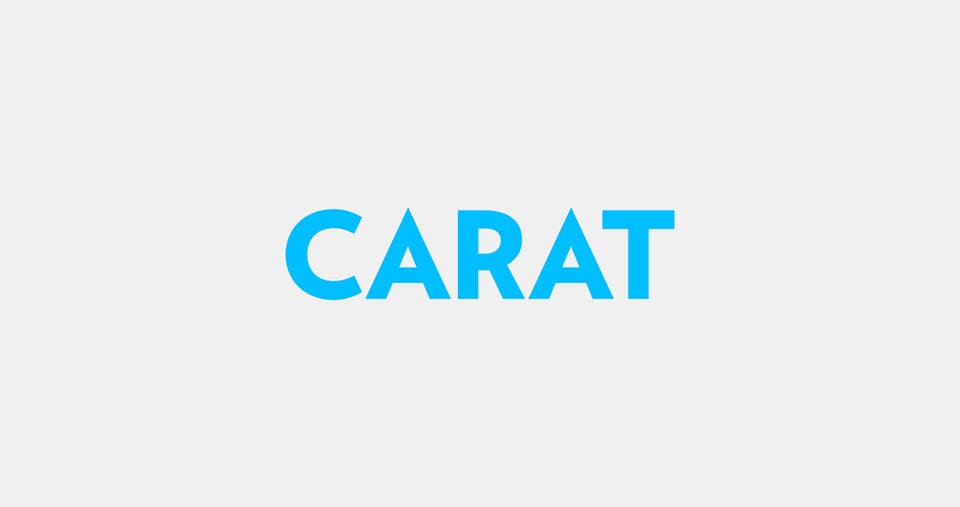The velocity of game-changing news hitting the advertising community globally in the past year has been unprecedented. Marketers and agencies alike have been bombarded by the press coverage. How will Apple’s iOS14 update wound the tech giants? How will Mark Zuckerberg respond to Tim Cooke’s latest salvo? How does Facebook’s HEC policy affect local retailers? Will Australia actually go through with their threat to remove Google from their market? Will Canada’s Heritage Minister be the next one to make a move? Is Google’s bold claim that FLoC’s are 95% as effective as cookies really true? While this uncertainty can be unsettling, one need not panic. Worry is not a strategy.
The truth is, there is a reason why advertisers are increasingly having to adapt to a privacy constrained environment, including the crumbling of the cookie by mid-2022. Understanding the impetus of this phenomenon helps marketers to shape their reaction to it. The bottom line is that people are demanding change. While those of us who make a living from the responsible use of consumer data cannot always relate, many Canadians want to take back control of their private information. The pandemic has not only magnified the value of the internet, but also what's wrong with it. Social media and news aggregator feeds that spread misinformation. Algorithms that make opaque decisions about our credit ratings or our dating lives. Smart speakers that listen to our every word. And yes, even digital ads that track and target us can be seen through more villainous eyes than we care to admit.
At this fraught moment in our digital society, Canadian legislators in the House of Commons introduced Bill C-11 to enact the Consumer Privacy Protection Act. Bill C-11 embodies the principles of Canada's Digital Charter, which envisions the internet as a tool for both innovation and the public good. The goal of the legislation is an internet where individual Canadians are in full control of their data, not big tech platforms and the advertisers that support them. How then does our industry respond?
On the supply-side, the response is splitting into factions. Facebook CEO Mark Zuckerberg cast the fight as one between ad-supported players like his company who offer free apps with targeted advertising and privacy-conscious, fee-based services like Apple. Apple’s focusing their effort on making users aware of what an app will track before they install it, and importantly, seek their permission to opt-in for the tracking upon install. Facebook, Google and many other prominent apps are not happy about it. Google is responding by testing “Federated Learning of Cohorts”, an API that will live as an extension in the Chrome browser. Instead of individual cookies being aggregated at the individual level for targeting, it would create groups of users based off thousands of site users. Our friends at Cardinal Path are skeptical of the claims made about the effectiveness of FLoC so the industry will hit a decision point on which path to follow.
On the demand side, the advice is a simple yet challenging call to action – embrace change! There is an enormous opportunity in the fear and tumult. Marketers need to take a deep breath and think hard about building a 1st party data strategy built on a foundation of a privacy-sensitive shopping experience that focuses on value creation and exchange. Given the fact that so many Canadians are reluctant to share their personal data, those who want to commercialize data will need to make it attractive for people to share that data – provide a valuable reason for people to grant permission and opt-in. The method for capturing that information needs to be unique and ownable, seeking to understand what motivates customers across various industries. Examples include member only pricing for a discount big box store, first access to emerging trends for a fashion retailer, pre-order privileges for a mobile phone provider or exclusive behind the scenes content for an entertainment company.
Increasing reliance on owned data and CRM by building personalized experiences and incentives that are rewarding will be hard work. With about 15 months to go on the countdown to cookie erosion, the time to act is now. Partner with specialists who understand the landscape and can help sherpa your data strategy. Use advanced audience science to understand what makes your customer tick. Finally, know that tackling this challenge will future-proof your organization and make it resilient to change, so use the opportunity to carve out a competitive advantage in the new authenticated state.



